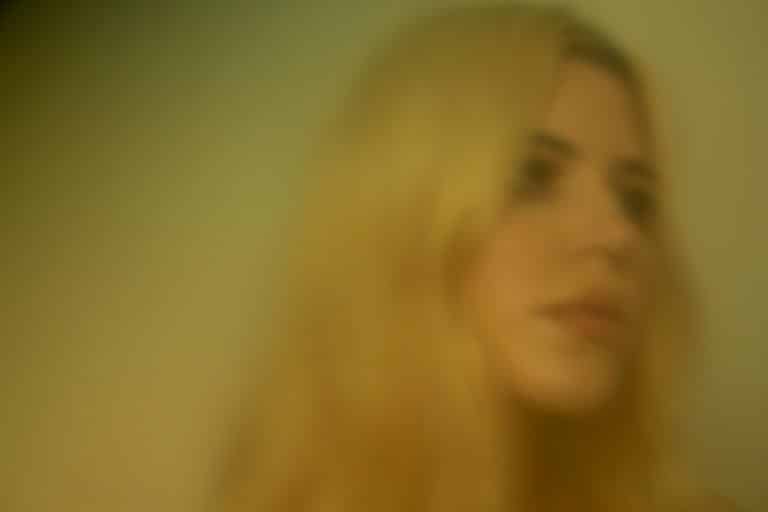How social isolation is impacting mental health and addiction
We’re waking up, looking outside and going right back to our computer screens. We’re socially distancing, as we should, but it’s having a profound effect on our headspace as a country. We’re stressed while remaining stationary, struggling while adjusting to a new normal—and we’re drinking and using drugs more than ever before. Why? Simply put, it’s all about human connection—and the lack of it as we weather the storm of COVID-19. Here’s more on that.
Addiction is about more than chemical hooks
It’s easy to think from the outside that addiction is a binary affair. That you take an addictive drug and ‘poof’, you’re an addict. The truth involves many more shades of grey and, to the surprise of many who are uninformed on the subject, relates far more to the availability of meaningful relationships and connections.
Addiction thrives and grows in isolation. The mind of someone who is abusing substances is rarely a positive, happy place; when left alone with nobody to check their destructive trains of thought, feelings of self-loathing and worthlessness have fertile ground in which to blossom and take root. When isolated, what begins as a coping mechanism to simply survive strong feelings of stress and depression grows into a self-fuelling cycle of destruction. It’s a private, self-sustaining and intimate form of self-destruction.
And it largely stops when we’re surrounded by friends and loved ones. Studies consistently show that adults who are isolated have an increased likelihood of mental health issues and are more likely to abuse substances and develop addictions. The opposite, of course, is true; the more a person has friendly and loving connections that make them feel safe and supported, the less likely they are to turn to drugs and alcohol.
Isolation is trending—and that’s not OK
For many adults, extreme isolation is something that is linked to feelings of social anxiety, depression and other issues such as medical complications. Insidiously, the individual finds their bubble shrinking around them; over time, the adjustment to isolation becomes a way of life that is profoundly difficult to free themselves from.
We’ve traditionally seen this reflected in its most clear manner in Japan’s ‘Hikikomori’ population—a demographic of usually young adults who cut themselves off completely from society and in-person interaction. Estimated at one to two million adults in Japan, the number is rising and expected to multiply in years to come.
And along comes COVID-19. The danger is clear: many adults who struggle with life are now required to adopt a life that is more isolated than ever before. Initially alleviating the feelings of isolation they experience, many of these adults across the world will find themselves incapable of digging themselves out of the lifestyle they have formed out of necessity—and many will turn to drugs and alcohol as a coping mechanism while they’re alone, be it through falling into alcohol dependency or other forms of substance abuse such as prescription drug addiction.
The solution is a game of inches
What, then, can be done? For any adult struggling with isolation and substance misuse, the difficult truth is that there’s no real magic solution. COVID-19 has led many adults to gradually see their routine and lives deteriorate around them, leading them gradually towards substance abuse. The answer is similarly gradual; life can be restored through the respect of the fundamentals of self-care and routine.
If substance abuse has reached a critical point, professional help and rehab support is appropriate and affordable. For many who have a less extreme degree of dependency or substance abuse while isolated, however, freedom from the prison of their creation lies in restoring the basics of self-care, self-respect and routine. Sleep patterns that settle and restore the body’s circadian rhythm will improve mental health, proper nutrition will restore energy and the gradual pushing of one’s comfort zone by leaving the home for walks and essential shopping trips can see a previously isolated and substance-dependent adult reintegrate into the society that provides the emotional connections so important to a happy and healthy life.





